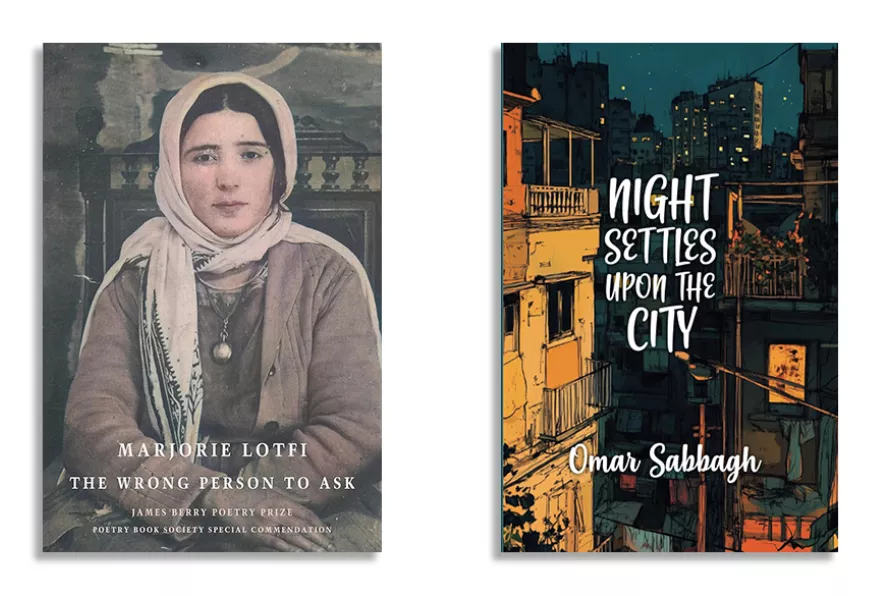DENNIS BROE searches the literary canon to explore why a duplicitous, lying, cheating, conning US businessman is accepted as Scammer-in-Chief


The Wrong Person to Ask
Marjorie Lotfi, Bloodaxe, £10.99
Night Settles Upon the City
Omar Sabbagh, Darajah Press, £12.29
BIG poetry prizes often seem to go to work that is much more accessible to literary folk and other poets than to less specialised readers. But this is not in the least true of The Wrong Person to Ask, by Marjorie Lotfi, which has just won the prestigious Forward Prize for Best First Collection.
Lotfi is the child of an Iranian father and American mother, and has early memories of her family’s flight from Iran in 1978 after the ayatollahs came to power – as she writes in The Game: “the game of hiding mother/ on the way to the airport/ father at the barrier/ while we went on ahead.”
The collection’s first half includes poems of exile and the experiences of a refugee: in Alarm I she remembers her school in Iran being set on fire with the pupils still in it, and in Alarm II her later US school practising an evacuation in case of a nuclear attack by the Russians. There are vivid memories of her lost Iranian family, and of the smells and sights of her childhood. Other poems encompass the Middle East traumas in Syria and Gaza.

ANDY HEDGECOCK recommends that these beautifully written diaries from Gaza be essential reading for thick-skinned MPs
by Marjorie Lotfi











